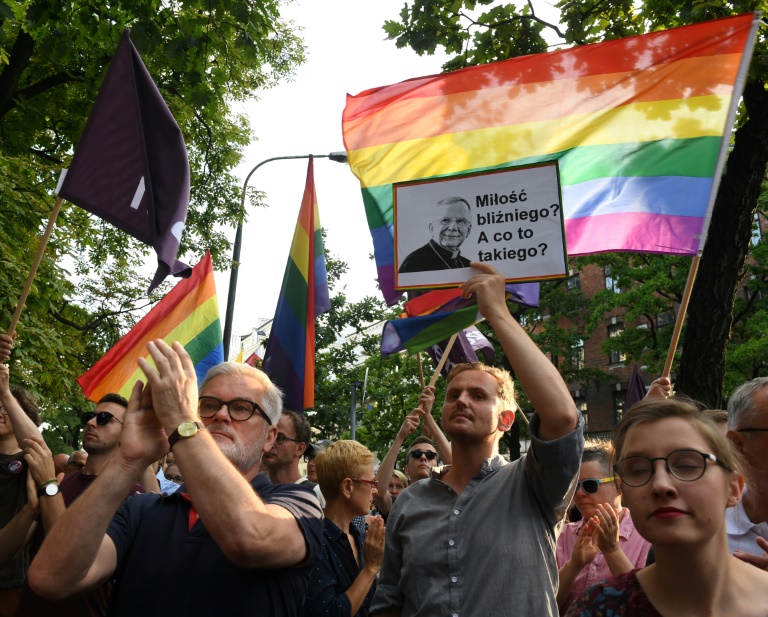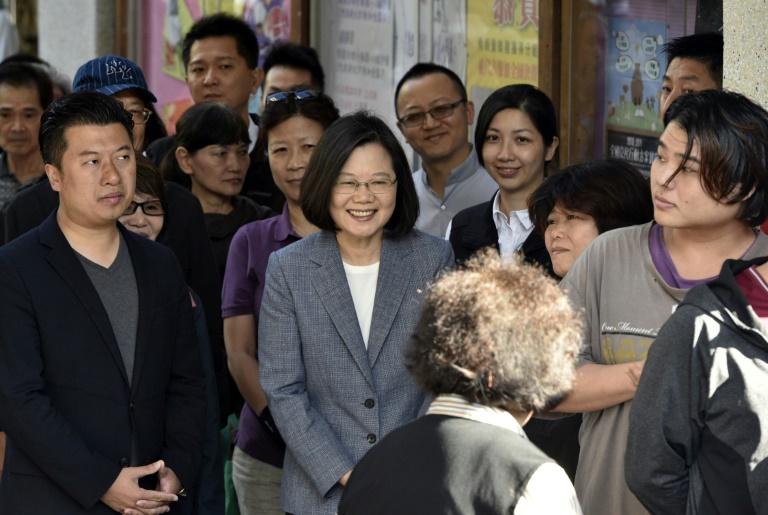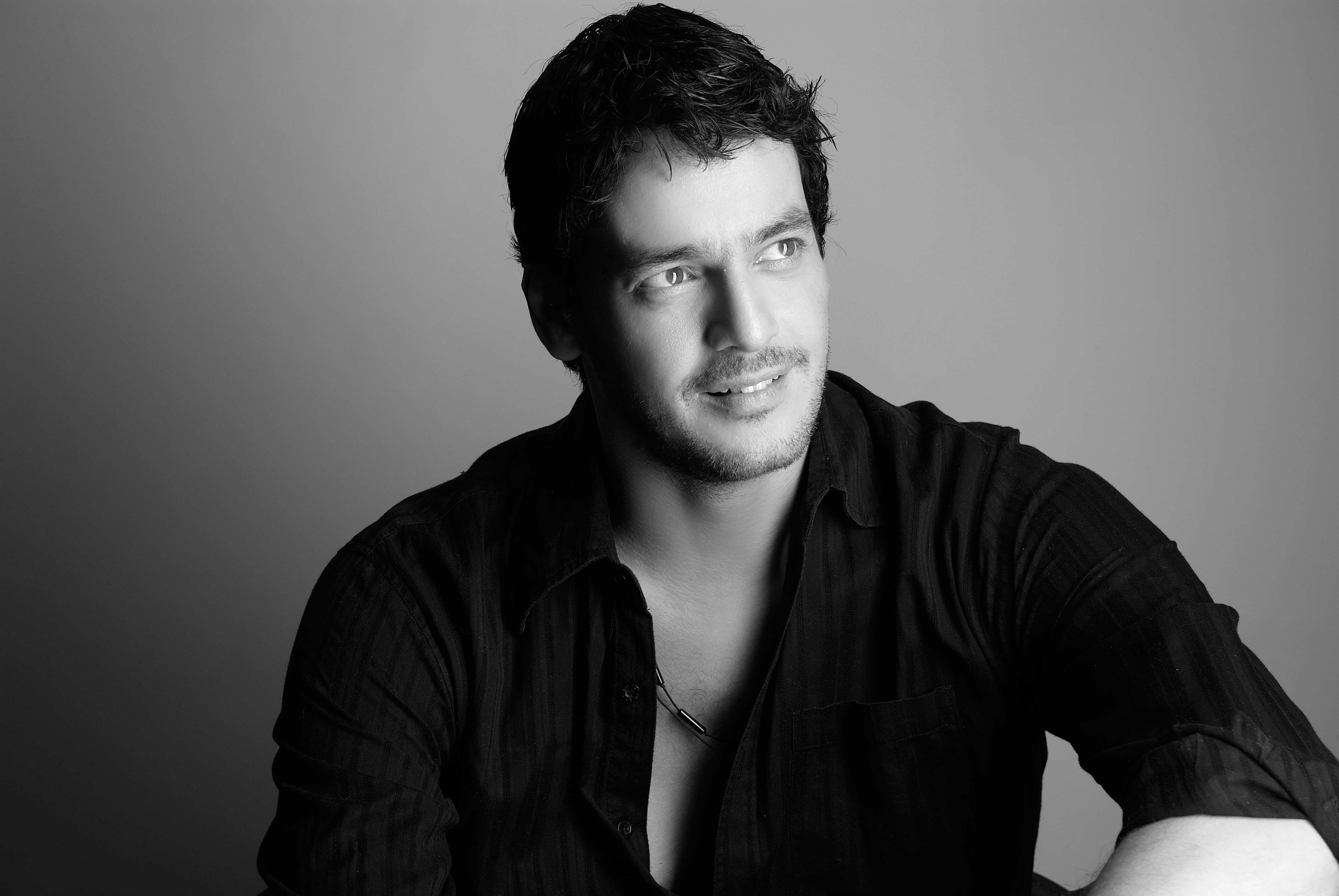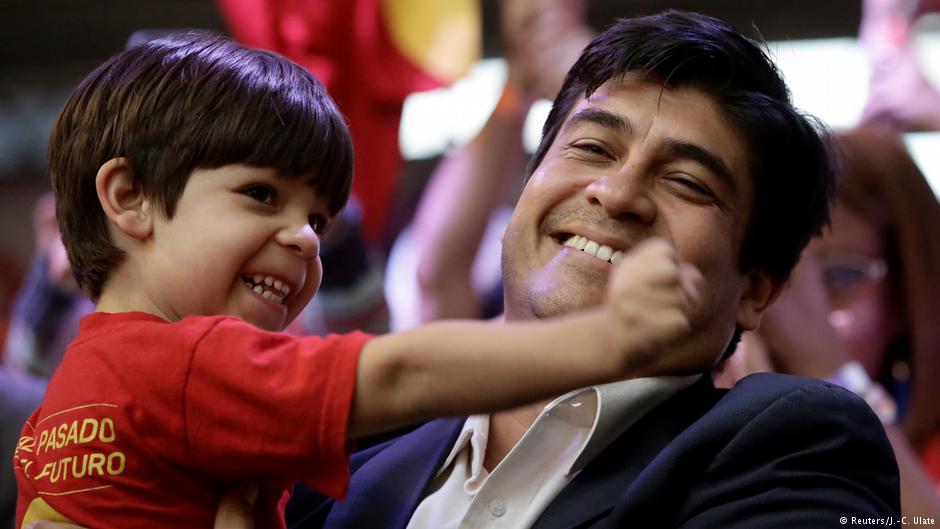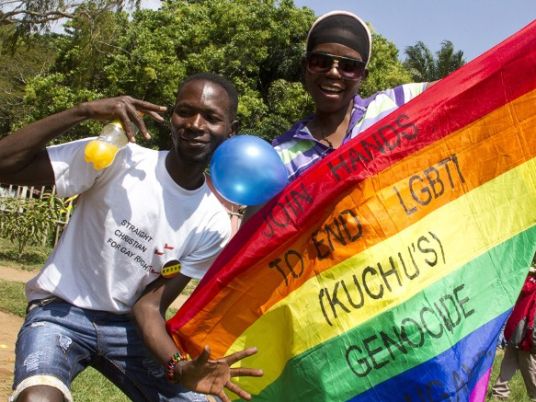
Uganda's lesbian, gay, bisexual, transsexual and intersex (LGBTI) community is preparing for its annual gay pride parade, taking place on Saturday 8 August. This year's event has special significance — it's been a year since the controversial anti-gay law was scrapped.
Pride parades are held all over the world and are an opportunity for the LGBTI community to come together and raise awareness of their rights — and Uganda has been no different.
The inaugural gay pride march was held in the city of Entebbe, some 20 miles south of the capital Kampala, in 2012. That was also the year the anti-homosexuality bill was tabled. "Organizing pride at that point was an act of defiance," explains Neela Ghoshal, senior researcher on the LGBT rights program at Human Rights Watch. "It was the LGBTI community saying: 'We are here and we are not going away.'"
Richard Lusimbo, who is heading up the committee behind this year's parade and the three days of preceding events, reflects on the toll the bill had on the people he knew: "There are many people who are still languishing in refugee camps in Kenya.
"The lucky ones have gotten to western countries but there are people who remain [in Uganda] and the thing that keeps them going is family."
He continues: "It's not just biological family — it's also the allies that stood by our brothers and sisters."
'We are Family'
It is in recognition of those allies that the Pride Uganda Committee have chosen "We are Family" as the theme for the 2015 march.
Lusimbo, who is an activist and research manager at Kampala-based NGO Sexual Minorities Uganda, talks about some of the work that has gone into putting this year's events together.
"It's a very big task with lots of organizing to do. There is a new team of 25 people — individuals from different organizations — and we have taken up new initiatives to raise local support for Pride and get a cross-section of individuals involved."

Participants in the annual gay pride in Entebbe on August 9, 2014. Photo by CNN.
Pride marches might seem like an occasion for people to celebrate their difference but for Lusimbo, it is an opportunity to show just how alike all Ugandans are. "We are encouraging LGBTI people to come out with their families to show that gay people also have children or supporters within their families," he says.
Lusimbo talks excitedly about the program of events that start Wednesday and end Sunday: the fashion shows, the documentary screenings, the events that promote better health awareness and spread information about where people can access the services they need. He hopes the traditional and cultural performances will prove that the LGBTI community shares the same cultural heritage as other Ugandans and, as he puts it, prove "that we are not aliens. We have always been here."
'Super excited, super nervous'
Lusimbo is particularly keen on the opportunity to build bridges with the transsexual individuals who he feels are not well understood by the gay community. But he admits also to being anxious. "As the coordinator, I have to be on top of my game. I have to be alert."
For security reasons, Lusimbo cannot reveal the location of this year's parade, a deft reminder that the anti-homosexuality bill may have been defeated but tensions remain. Following the stabbings during gay pride in Jerusalem, Lusimbo is taking no risks. "[The possibility of violence] is a concern we don't take lightly," he says.
"We have been raising awareness through membership organizations and through social media, reminding our members of the political and social climate. Within the penal code, the act of homosexuality is still criminalized. Socially, we can't say that anyone won't be throwing stones or homophobic insults."
Both Lusimbo and Ghoshal are keen to point out that despite past hostilities, life continues. "The situation faced by LGBT people in Uganda is more nuanced than is portrayed by the western media," Ghoshal says. "Some activists gain protection by speaking out. They become so well known that it protects them but most people keep a low profile and have small communities where they can be themselves."
"This is not to undermine the risk of violence," Ghoshal adds, "but people have been able to negotiate a space to live their lives and are able to work with institutions like the police to make sure an event like Pride can take place."
The risks may be ever-present but for Lusimbo the most immediate one is the risk of failure. When asked if he will be organizing Gay Pride Uganda for the next three years — as his predecessors did — he laughs and says: "That depends on how things end the 9th! I am super excited but I'm also super nervous."

